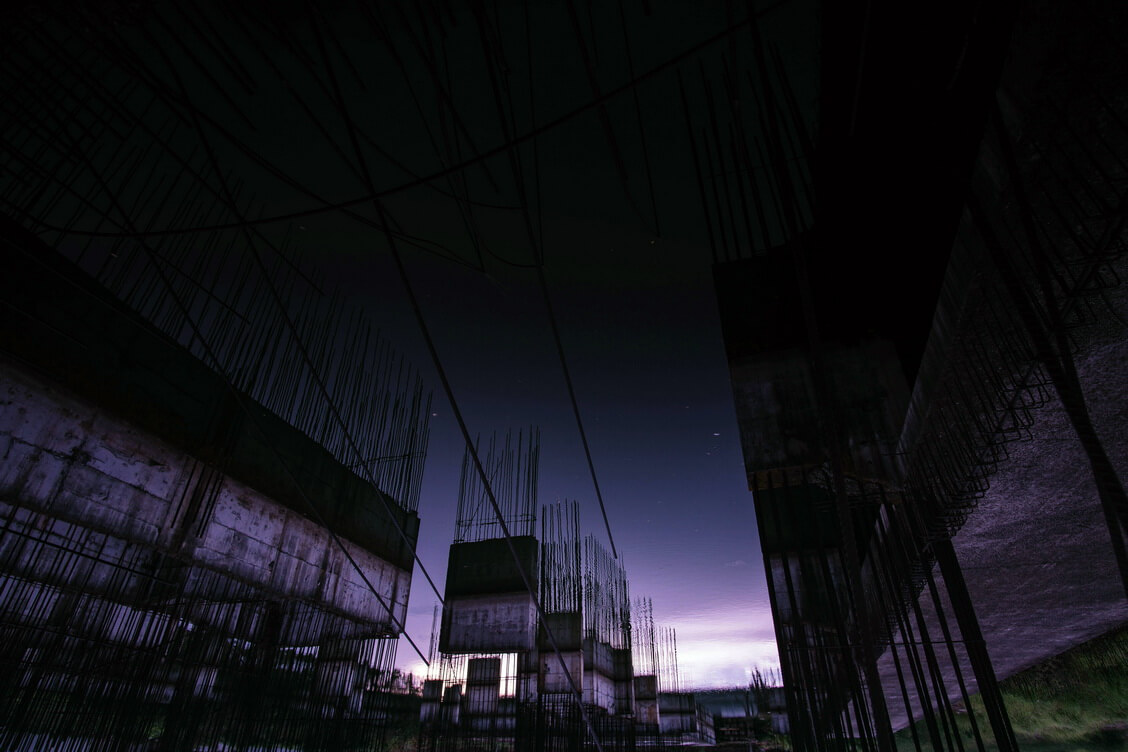The Belarusian government continues to pursue megaprojects as a means to appear economically successful, despite the long-term risks and costs. These projects are funded by loans and taxpayer money, and the government has not adequately considered their long-term economic viability.

Soviet-inspired megalomania
Belarus’ history is filled with examples of Soviet-era megaprojects that ultimately failed due to a disconnect between grandiose plans and actual capabilities. These projects not only strained the Soviet economy but also left a lasting impact on Belarus’ economy. Yet, current Belarusian officials appear to have learned little from these past failures, continuing to pursue new megaprojects with the same misguided zeal.
Cash infusions and Russian defense orders
Taxpayer money, Russian defense orders and measures to stimulate demand have helped keep the Belarusian economy afloat. However, these temporary fixes provide a false sense of stability, masking the fact that many projects remain unfinished, loans remain unpaid and access to international markets is still restricted.
One such project, the Belarusian Nuclear Power Plant (NPP), often hailed as the government’s pride, has been dubbed a “white elephant” by critics—an expensive and largely unnecessary venture. Built with a Russian loan of $10 billion, only $6 billion has been spent, and debt repayment has been postponed. The government is scheduled to begin repayments in April 2024, unless it requests another deferral.
Minsk had intended to sell electricity abroad, but its Baltic neighbors refused to buy power due to safety concerns and disconnected from the Soviet-era grid. Meanwhile, the domestic market is unable to consume the full capacity of the plant. As a result, the economic benefits of the NPP remain highly questionable. Nevertheless, officials are already discussing the construction of a second nuclear power plant.
Belarusians bear the costs
The Belarusian economy has seen a number of megaprojects, including wood processing and cement plant upgrades, as well as the construction of a pulp mill and a biotechnology facility. Most of these ventures were funded through substantial loans, but have yet to generate profit. The losses from these projects are ultimately shouldered by the government, which continues to provide support, including through the purchase of shares. State-run propaganda lauds these projects, without mentioning the taxpayer burden they impose.
More recently, Minsk has launched several ambitious new initiatives. For instance, MAZ has ramped up bus production despite declining sales and fierce competition from China. Officials are toying with the idea of building a new refrigerator plant in Baranavičy, even though Atlant, a Minsk-based fridge manufacturer, is already struggling with sales. Authorities have also implemented upgrade programs for cement plants that have yet to repay debts from previous upgrades.
Megaprojects increase Belarus’ dependence on Russia
Belarus is currently undertaking numerous new megaprojects for two key reasons. First, the government is under the impression that the economy is thriving. Second, officials hope to profit from these ventures without adequately considering their long-term efficiency.
By shifting the burden of debt to future generations, the government can enjoy short-term gains. However, Russian military orders, which currently keep Belarusian industry busy, represent a looming risk.
Many Belarusian plants are expanding their capacities with Russian loans to meet the needs of the Russian defense sector. Sooner or later, however, the demand for these goods will decline, and Belarus will face reduced sales while still carrying the burden of debt.
Moscow is happy to shift its risks onto Minsk, making Belarus increasingly economically dependent on Russia. The Belarusian government’s obsession with megaprojects is yet another costly mistake that will likely have far-reaching consequences in the future.
